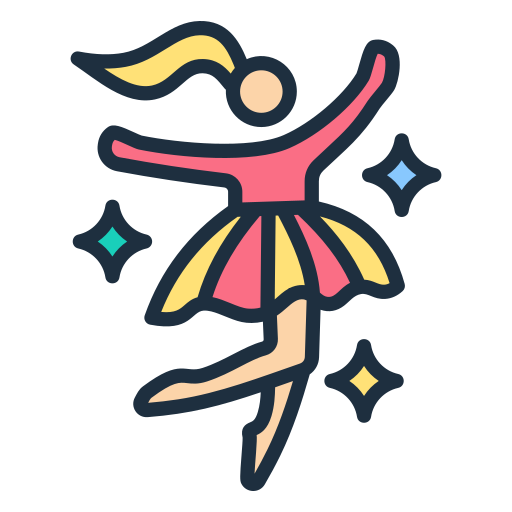 Photo by Javier Allegue Barros on Unsplash
Photo by Javier Allegue Barros on UnsplashDo you have a fine arts degree, but feel unsure about what career path to follow?
Depending on which major or specialty you studied in your fine arts degree, you have many options for careers that you can pursue in various industries and work sectors.
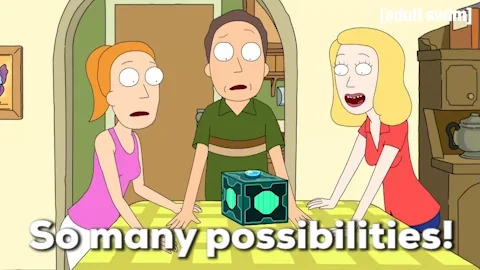
Visual Arts: Jobs for Fine Arts Degrees
 Photo by Dillon Wanner on Unsplash
Photo by Dillon Wanner on UnsplashIf you have knowledge and skills in the traditional arts, such as drawing, painting, sculpture, and printmaking, you might consider working as a:

Fashion designer: use your drawing and painting skills to create sketches of clothes, shoes, accessories, and other clothing items that are functional and visually attractive. If you have some background in textiles and fabrics, or you enjoy sewing and knitting, you can create your own pieces to sell or display!

Interior decorator: use your knowledge of color theory, shape, form, and space to decorate interiors of living spaces and work spaces that are aesthetically pleasing.
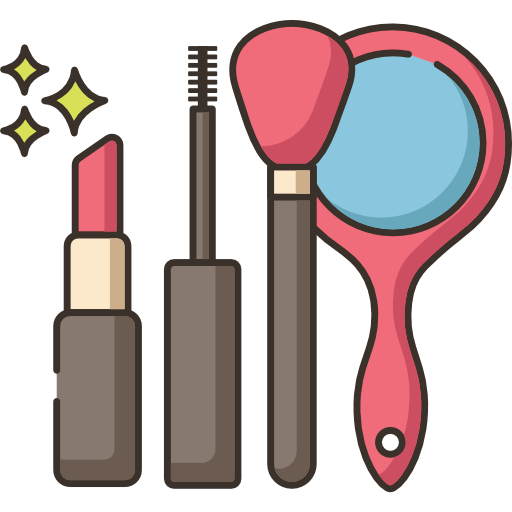
Make-up artist: apply make-up and other products to enhance a client's appearance for special events (weddings, photo shoots), or to alter their appearance as movie characters with makeup and prosthetics.

Concept artist: create fast sketches to form visual ideas for film, game design, immersive experiences, animation films, and others. These ideas typically come from scripts, character studies, props lists, and other sources of information.
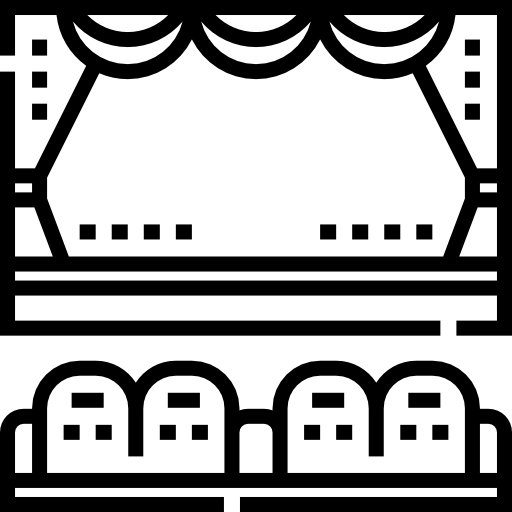
Scenic or set designer: design the physical environmental spaces (i.e., background scenes, props, stage items, etc.) for theatrical performances or for film and television sets. Similar to the concept artist's role, you'll use scripts, character studies, and props to create storyboards and 3-D models to show their ideas.
 Photo by Boitumelo on Unsplash
Photo by Boitumelo on UnsplashIf you enjoy technology and have a strong background in media arts, digital art, and graphic design, you might consider working as a:
You might consider working in the following careers if enjoy art history and/or have an interest in how people learn about or interact with art. Note that these careers may require further education beyond a BFA:

Museum curator: responsible for planning and overseeing museum collections, and for taking care of the art and artifacts, while in storage or on display, to ensure they remain in good condition for years to come.

Art therapist: use your visual arts background and art practices, in combination with psychotherapy, to help people achieve mental, physical, emotional, and spiritual well-being.
Theater and Dance: Jobs for Fine Arts Degrees
 Photo by Kyle Head on Unsplash
Photo by Kyle Head on UnsplashIf you have knowledge and specialized skills in script writing, acting techniques, choreography, singing techniques, performance arts, dancing, stage management, lighting techniques, or stage direction, consider these careers:
Check out this Byte to learn more: What jobs can I get with a theatre degree? 🎭
Music: Jobs for Fine Arts Degrees
 Photo by Stefany Andrade on Unsplash
Photo by Stefany Andrade on UnsplashA career in music is a good path if you have knowledge about the history of music, as well as skills in sound design, composition, production, and performance. Think about working as a:
Professional singer
If you have an interest in how people learn about or interact with music, you might want to be a:
Music therapist: combine your knowledge of and passion for music with psychotherapy to help people achieve mental, physical, social, emotional, musical, and spiritual well-being.

Teaching and therapy careers may require further education beyond a BFA.
Film/TV & Photography: Jobs for Fine Arts Degrees
Film/TV
If you have technical skills in film production such as animation, video editing, lighting design, or cinematography, these jobs might suit you:
Photography
If you have knowledge and skills in various photographic techniques such as composition and color theory, consider these in-demand roles:
Creative Writing: Jobs for Fine Arts Degrees
 Photo by Unseen Studio on Unsplash
Photo by Unseen Studio on UnsplashCreative writing graduates have many career opportunities in the writing, editing, and media industries. If you've studied and practiced various types of writing (poetry, non-fiction, or graphic forms), or if you have experience with editing and publishing, you might consider working as a:
Note that a college professor role requires further education in creative writing at the master’s and doctoral levels.
Transferrable Skills for Fine Arts Graduates
The transferrable skills that you learn in your fine arts degree speciality may overlap with other majors or specialties. They can prepare you for careers in different industries or workplaces.
For all BFA or MFA degree majors (or areas of speciality), you can learn:

Creative problem-solving skills.

How to receive constructive criticism from others.

How to remain objective when giving feedback on the work of peers.

Effective presentation skills.

Collaborative fine arts practices.

How to keep an open mind to new ideas and perspectives.

Various business practices and self-promotional skills.

How to develop personal ideas.

Effective observational, research and/or analytical skills.

Time management and project management skills.
Choose the Right Career Path
Before you try to figure out what career path to pursue, ask yourself the following questions:

What major or specialities did I study in my fine arts degree?

What specific skills did I practice, and improve upon throughout my fine arts degree?

What are my career goals in my area of speciality or in another related field?

Does my portfolio clearly display my expertise and capabilities?
When researching potential careers, focus on identifying the skills required for various jobs, rather than searching job titles.
Jobs with the same job title may have varying skill requirements and responsibilities depending on the sector and type of work being done.
Scenario: Isabel's Decision
 Photo by Caroline Veronez on Unsplash
Photo by Caroline Veronez on UnsplashMeet Isabel.
She has just graduated with her fine arts degree, majoring in visual arts During her degree, she focused on her drawing, painting, sculpture, and media arts skills. She's excited to start her career, but she can’t decide what kind of job to apply for.
She is a skilled landscape painter, but she also enjoys drawing portraits of her friends and family. In her spare time, she loves playing video games, visiting galleries, and watching all of the latest movies.
Quiz
What career options should Isabel explore? Select all that apply:
Take Action
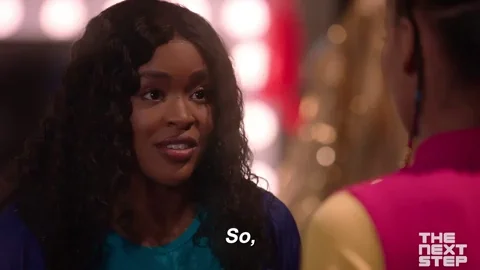
Your feedback matters to us.
This Byte helped me better understand the topic.



